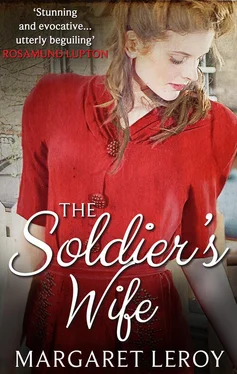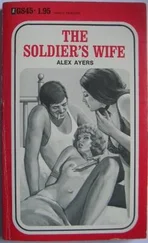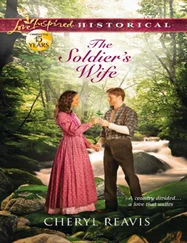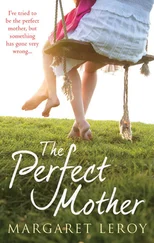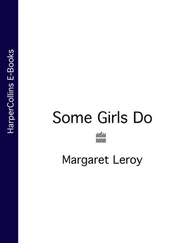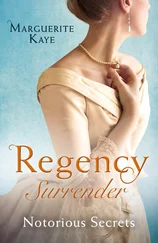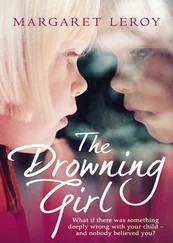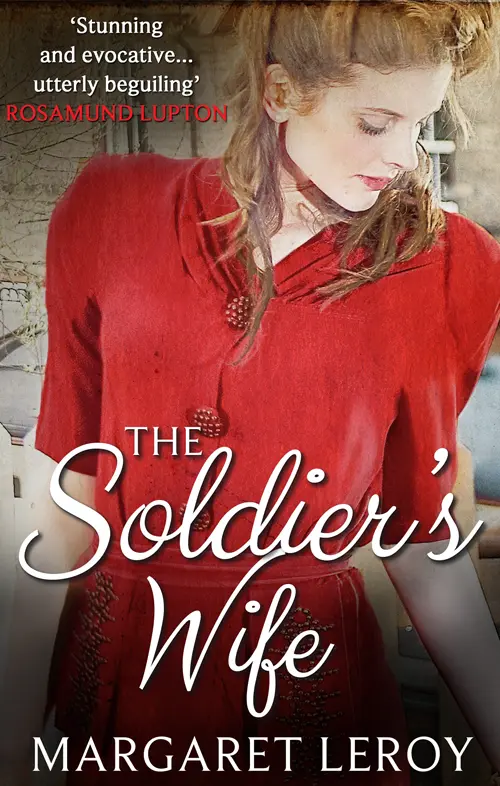
Praise forMARGARET LEROY
‘Utterly beguiling …’
—Rosamund Lupton, bestselling author of Sister
‘Margaret Leroy writes with candour and intelligence, capturing the menace of suddenly finding the world may not be at all as you’ve thought it’
—Helen Dunmore
‘Leroy handles … domestic life with the same graceful, precise, rueful style as [Richard Yates] the late novelist did, though with a warmer, more hopeful intelligence’
—Washington Post
‘Engrossing and affecting’
—Eve
‘Brilliant at portraying the slow, steady disintegration of a seemingly ordinary life when secrets are unearthed and dark suspicions spread’
—Baltimore Sun
‘Powerful and haunting’
—Daily Mirror
‘What a storyteller Leroy is and what an eye she has for contemporary life’
—Fay Weldon
‘[Leroy’s] quiet, self-assured narrative voice delivers tremendous psychological depth and emotional resonance’
—Kirkus Reviews
‘Leroy expertly draws a picture of a woman and a family in crisis and the moral questions one sometimes has to face’
—Toronto Sun
MARGARET LEROYstudied music at Oxford. She has written four novels, one of which was televised by Granada and reached an audience of eight million. Margaret has appeared on numerous radio and TV programmes, and her articles and short stories have been published in The Observer, The Sunday Express and The Mail on Sunday. Her books have been translated into ten languages. Margaret is married with two daughters and lives in London.
The Soldier’s Wife
Margaret Leroy
www.mirabooks.co.uk
‘Qui veurt apprendre a priaïr, qu’il aouche en maïr.’
He who wishes to learn to pray, let him go to sea.
—Guernsey proverb
My thanks are due to my wonderfully thoughtful and perceptive editor, Maddie West, and the whole talented team at MIRA; I am especially grateful to Kim Young, Oliver Rhodes and Sue Smith, my meticulous copyeditor. Thank you as well to Brenda Copeland and Elisabeth Dyssegard at Hyperion in New York. I am also deeply grateful to my agents, Kathleen Anderson, and Laura Longrigg in London, who are so committed to my writing and who have supported me in so many ways. And thank you as always to Mick and Izzie, who shared Guernsey with me, and Becky and Steve, for so much love and encouragement.
Among the books that I read while researching this story, two deserve special mention—Madeleine Bunting’s fascinating history, The Model Occupation , and Marie de Garis’s enchanting volume, Folklore of Guernsey.
Cover
Praise
Author the Author
Title Page
Epigraph
ACKNOWLEDGEMENTS
PART I: JUNE 1940
CHAPTER 1
CHAPTER 2
CHAPTER 3
CHAPTER 4
CHAPTER 5
CHAPTER 6
CHAPTER 7
CHAPTER 8
CHAPTER 9
CHAPTER 10
CHAPTER 11
PART II: JULY – OCTOBER 1940
CHAPTER 12
CHAPTER 13
CHAPTER 14
CHAPTER 15
CHAPTER 16
CHAPTER 17
CHAPTER 18
CHAPTER 19
CHAPTER 20
CHAPTER 21
CHAPTER 22
CHAPTER 23
CHAPTER 24
CHAPTER 25
CHAPTER 26
CHAPTER 27
CHAPTER 28
CHAPTER 29
CHAPTER 30
CHAPTER 31
CHAPTER 32
CHAPTER 33
PART III: OCTOBER 1940 – SEPTEMBER 1941
CHAPTER 34
CHAPTER 35
CHAPTER 36
CHAPTER 37
CHAPTER 38
CHAPTER 39
CHAPTER 40
CHAPTER 41
CHAPTER 42
CHAPTER 43
PART IV: SEPTEMBER 1941 – NOVEMBER 1942
CHAPTER 44
CHAPTER 45
CHAPTER 46
CHAPTER 47
CHAPTER 48
CHAPTER 49
CHAPTER 50
CHAPTER 51
CHAPTER 52
CHAPTER 53
CHAPTER 54
CHAPTER 55
CHAPTER 56
CHAPTER 57
CHAPTER 58
CHAPTER 59
CHAPTER 60
CHAPTER 61
CHAPTER 62
CHAPTER 63
CHAPTER 64
CHAPTER 65
CHAPTER 66
CHAPTER 67
CHAPTER 68
PART V: DECEMBER 1942 – NOVEMBER 1943
CHAPTER 69
CHAPTER 70
CHAPTER 71
CHAPTER 72
CHAPTER 73
CHAPTER 74
CHAPTER 75
CHAPTER 76
CHAPTER 77
CHAPTER 78
CHAPTER 79
CHAPTER 80
CHAPTER 81
CHAPTER 82
CHAPTER 83
EPILOGUE: APRIL 1946
CHAPTER 84
Extract
Endpages
Copyright
JUNE 1940
‘“Once upon a time there were twelve princesses …”’
My voice surprises me. It’s perfectly steady, the voice of a normal mother on a normal day—as though everything is just the same as it always was.
‘“Every night their door was locked, yet in the morning their shoes were all worn through, and they were pale and very tired, as though they had been awake all night …”’
Millie is pressed up against me, sucking her thumb. I can feel the warmth of her body: it comforts me a little.
‘They’d been dancing, hadn’t they, Mummy?’
‘Yes, they’d been dancing,’ I say.
Blanche sprawls out on the sofa, pretending to read an old copy of Vogue , twisting her long blonde hair in her fingers to try and make it curl. I can tell that she’s listening. Ever since her father went to England with the army, she’s liked to listen to her sister’s bedtime story. Perhaps it gives her a sense of safety. Or perhaps there’s something in her that yearns to be a child again.
It’s so peaceful in my house tonight. The amber light of the setting sun falls on all the things in this room—all so friendly and familiar: my piano and heaps of sheet music, the Staffordshire dogs and silver eggcups, the many books on their shelves, the flowered tea set in the glass-fronted cabinet. I look around and wonder if we will be here this time tomorrow—if after tomorrow I will ever see this room again. Millie’s cat Alphonse is asleep in a circle of sun on the sill, and through the open window that looks out over our back garden you can hear only the blackbird’s song and the many little voices of the streams: there is always a sound of water in these valleys. I’m so grateful for the quiet—you could almost imagine that this was the end of an ordinary sweet summer day. Last week, when the Germans were bombing Cherbourg, you could hear the sound of it even here in our hidden valley, like thunder out of a clear sky, and up at Angie le Brocq’s farm, at Les Ruettes on the hill, when you touched your hand to the window pane, you could feel the faint vibration of it, just a tremor, so you weren’t quite sure if it was the window shaking or your hand. But for the moment, it’s tranquil here.
I turn back to the story. I read how there was a soldier coming home from the wars, who owned a magic cloak that could make him completely invisible. How he sought to discover the princesses’ secret. How he was locked in their bedroom with them, and they gave him a cup of drugged wine, but he only pretended to drink.
‘He was really clever, wasn’t he? That’s what I’d have done, if I’d been him,’ says Millie.
I have a sudden vivid memory of myself as a child, when she says that. I loved fairytales just as she does—enthralled by the transformations, the impossible quests, the gorgeous significant objects—the magic cloaks, the satin dancing shoes; and, just like Millie, I’d fret about the people in the stories, their losses and reversals and all the dilemmas they faced. So sure that if I’d been in the story, it would all have been clear to me: that I’d have been wise and brave and resolute. I’d have known what to do.
Читать дальше
